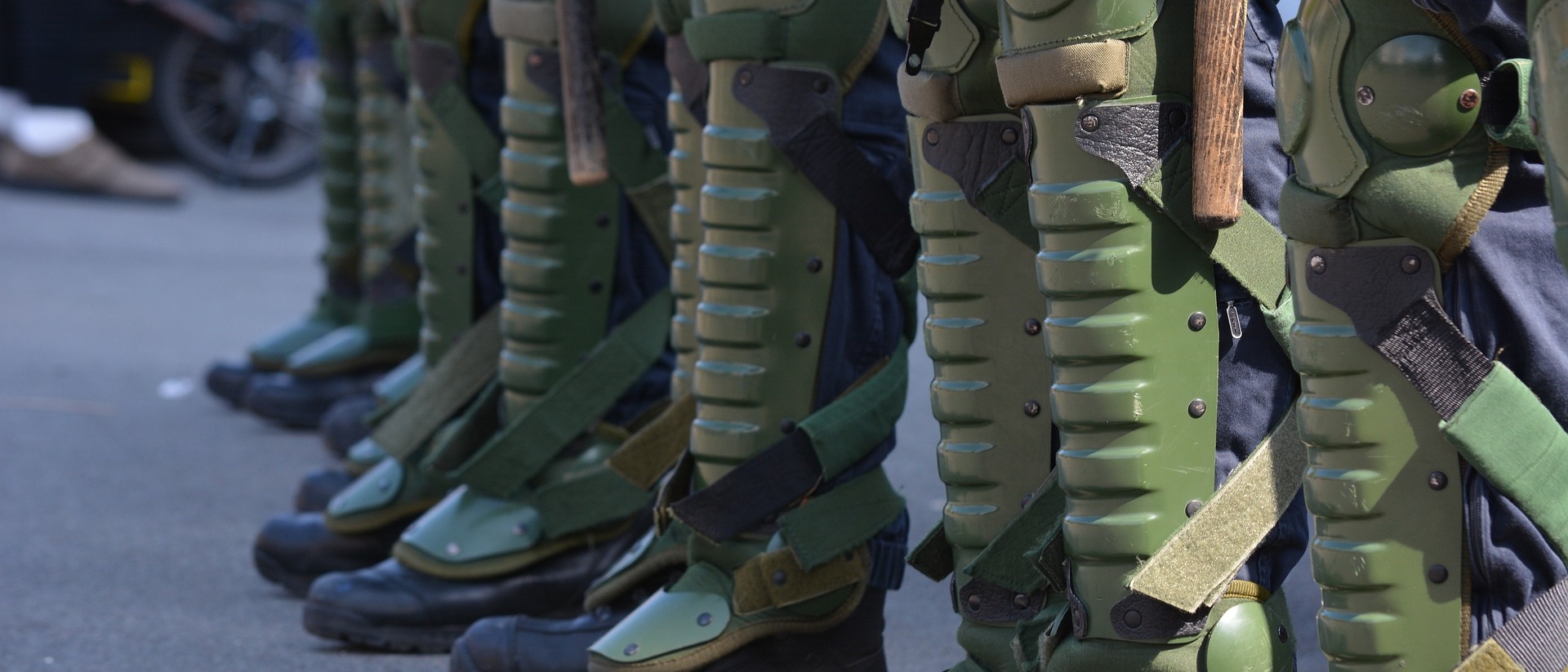Shifting the PVE Paradigm
Author : Matthew Schwartz
Date : September 2018
This policy brief explores the oft-under examined question of state-perpetrated violence and its treatment within the global preventing and countering violence extremism (PCVE) agenda. While there has been a gradual recognition that human rights, good governance and human security are critical factors in violence prevention, PCVE policy and programming continues to focus on addressing only violence associated with specific radical ideas and is overwhelming centered on individuals and communities of particular identity groups. This agenda often obscures and disregards substantial levels of violence perpetrated by states and other actors.
Against the backdrop of growing body of work highlighting the biases, inconsistencies and assumptions of mainstream radicalization theory over the past decade, a paradigm shift is long overdue. To that end, this policy brief highlights the intersections of political violence, violent extremism, and human insecurity through a series of thematic vignettes on corruption, human rights abuses, and war-making. illustrating ways in which state conduct plays a central role in manifesting or escalating political violence from which violent extremism and terrorism emerge. Recognizing the scale and magnitude of state-perpetrated violence and its role in manifesting further violence is essential for charting a new course toward a more holistic response to violent extremism that adequately accounts for and responds to a wider spectrum of political violence, including the violence perpetrated by states.
Download Publication